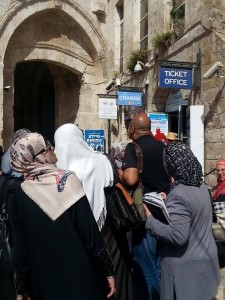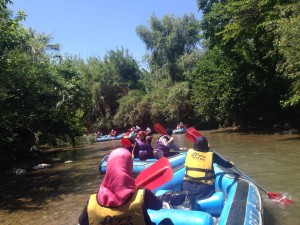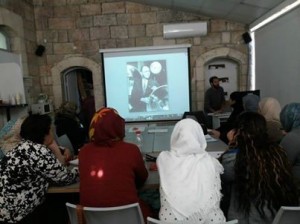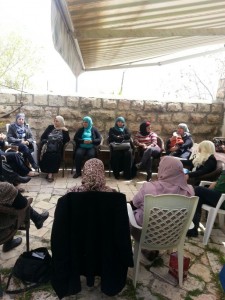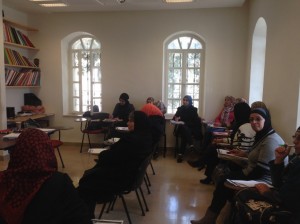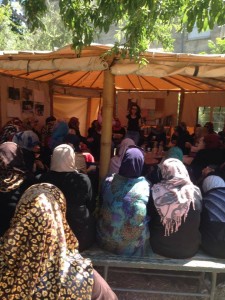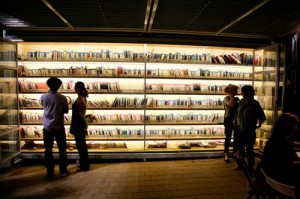Climbing the Learning Curve – Results for 2013 Palestinian Nurses Certification Exam
2013 – 2014 has been a fascinating learning year for us in the Healthcare Certification Exams project for Jerusalem-based Palestinian nurses. As you might remember, in 2012 we had fantastic success – 26 out of 39 participants passed the certification exam, which enabled the nurses to work legally in East Jerusalem. In 2013 we set out with another cadre of 26 nurses, but their road turned out to be rather bumpy.
At the end of the course, even after instituting weekly quizzes to ensure that the material was being learned, only 3 nurses passed the exam. This caused us to take a deep, long look into the course – were we off the mark in the way we prepared the nurses? Was it just bad luck the second time? Was it the exam itself? Were we just very lucky the first time?
From our current understanding of the situation, it turned out to be a little bit of everything. The exam in September 2013 was indeed significantly more difficult than the fall exam the previous year. And as we learned from participants who re-took the exam in April 2014 (6 of whom passed!), the September 2013 exam was also more difficult than the April 2014 one. In addition, there was a significant group of participants who were one or two questions away from passing, indicating that there was indeed some luck involved.
After re-evaluating the course structure we decided to make a number of changes to the course – first, a number of stages, with entrance exams to each stage. All potential participants will receive background material beforehand. Not only does this ensure a common baseline of knowledge for all participants, it also shows a degree of seriousness that the participants will be able to study and learn for exams, which we’ve found to be essential to pass successfully. In helping the group of nurses to prepare independently for the April 2014, we ‘ve also learned that one specific review handbook was particularly concise and helpful in preparing participants for the exam. We’d used the handbook before, but in future courses (our next course will be geared toward preparing for the April 2015 exam) we’ll put a heavier emphasis on studying its material.
Our tally thus far – an additional 36 nurses who are accredited to practice nursing in East Jerusalem, out of 68 in two courses who took the exam. More than a 50% success rate in two years! At the previous rate (of 1-2 nurses successfully passing the exam each year), it would have taken nearly two decades to reach this number! Our thanks to the Hadassah Foundation, the Leichtag Foundation, the Dear Foundation, and the Jerusalem Foundation, for their continued support of this program.

